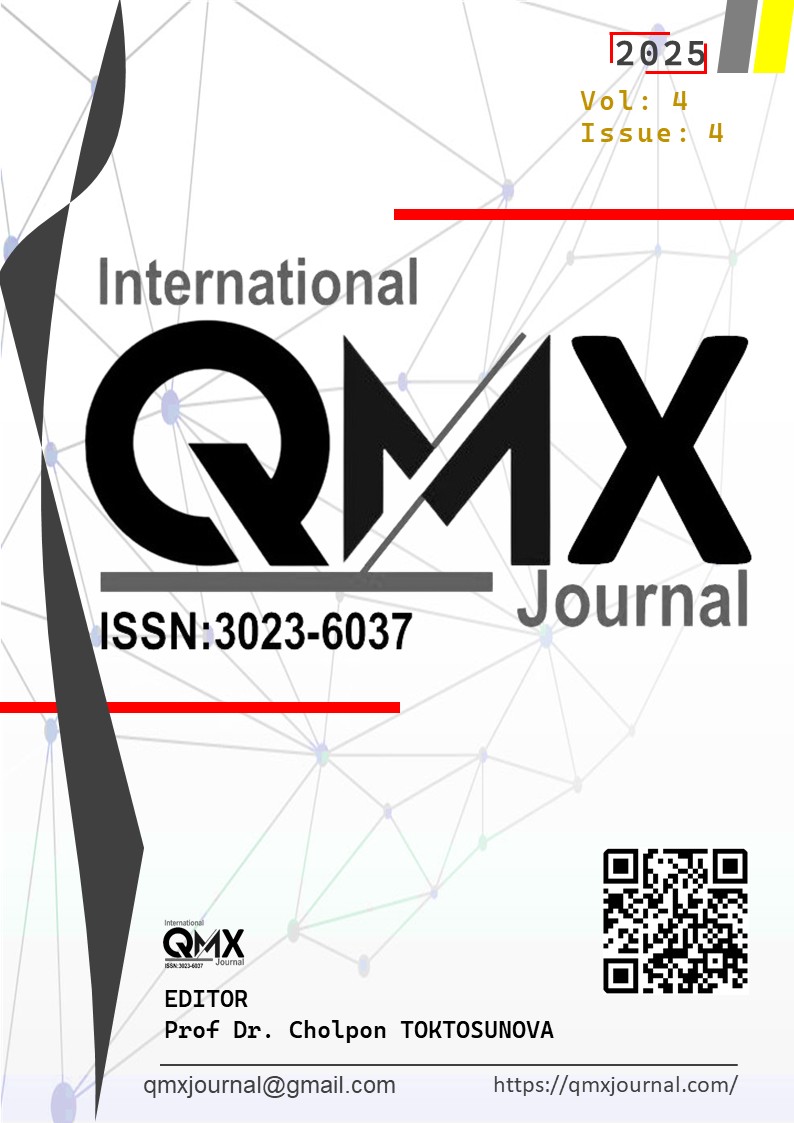Author :
Abstract
Bu çalışma, eğitimde disiplin ve motivasyonun öğrenciler, öğretmenler ve okul yönetimi üzerindeki etkilerini incelemektedir. Araştırma, disiplinin yalnızca kuralların uygulanmasına yönelik bir süreç olmadığı, aynı zamanda öğrencilerin öz disiplin geliştirmelerini sağlayan bir araç olduğu görüşüne dayanmaktadır. Disiplinin öğrenci başarısına olan katkıları, geleneksel ve çağdaş disiplin yaklaşımlarının karşılaştırılması ve olumlu disiplin modellerinin etkileri ele alınmıştır. Çalışmada motivasyonun eğitim süreçlerindeki önemi vurgulanmış, içsel ve dışsal motivasyon kaynaklarının öğrencilerin akademik performansı üzerindeki etkileri analiz edilmiştir. Öğrenci merkezli disiplin yaklaşımlarının ve sosyal-duygusal öğrenme modellerinin, öğrencilerin öğrenmeye yönelik ilgisini artırdığı belirlenmiştir. Ayrıca, öğretmenlerin disiplin yönetimi ve motivasyon sağlama konusundaki rollerine değinilmiş, etkili sınıf yönetimi stratejilerinin akademik başarı üzerindeki önemi ortaya konulmuştur. Okul yönetiminin disiplin ve motivasyon üzerindeki etkileri değerlendirilmiş, demokratik yönetim anlayışlarının öğretmen ve öğrenci motivasyonunu artırdığı tespit edilmiştir. Teknoloji destekli eğitim araçlarının öğrenci katılımını teşvik ettiği ve restoratif disiplin uygulamalarının öğrenci sorumluluk bilincini artırdığı belirlenmiştir. Son olarak, politika yapıcılar ve eğitimcilere yönelik öneriler sunulmuş, disiplin ve motivasyonun dengeli bir şekilde yönetildiği eğitim modellerinin benimsenmesi gerektiği vurgulanmıştır.
Keywords
Abstract
This study examines the effects of discipline and motivation in education on students, teachers and school management. The research is based on the view that discipline is not only a process of enforcing rules, but also a tool that enables students to develop self-discipline. The contributions of discipline to student achievement, the comparison of traditional and contemporary discipline approaches and the effects of positive discipline models are discussed. The study emphasized the importance of motivation in educational processes and analyzed the effects of intrinsic and extrinsic motivation sources on students' academic performance. Student-centered discipline approaches and social-emotional learning models were found to increase students' interest in learning. In addition, teachers' roles in discipline management and motivation were emphasized and the importance of effective classroom management strategies on academic achievement was revealed. The effects of school management on discipline and motivation were evaluated and it was determined that democratic management approaches increase teacher and student motivation. Technology-supported educational tools were found to encourage student engagement and restorative discipline practices were found to increase students' sense of responsibility. Finally, recommendations for policy makers and educators are presented and it is emphasized that educational models in which discipline and motivation are managed in a balanced way should be adopted.





